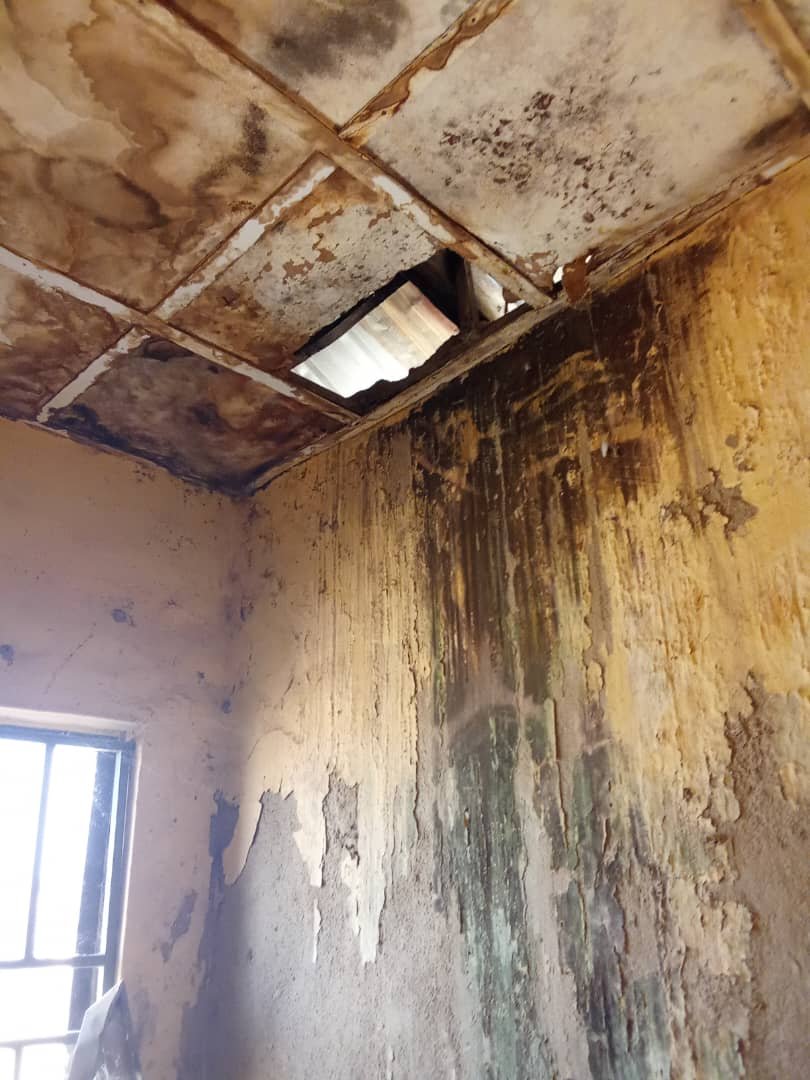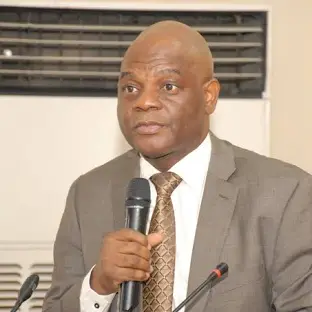Abuja, Nigeria’s capital and the seat of federal power, was designed to embody national ambition, modern governance, and equitable development. But within its public health system, a silent humanitarian disaster festers—where lives are lost daily to dysfunction, neglect, and government failure.
Despite repeated budget increases, Abuja’s hospitals and primary health centres remain a shadow of what they were meant to be. Juliet Jacob in this special report exposes the rot at the heart of the Federal Capital Territory’s (FCT) healthcare sector—where promises are made in budgets but broken in wards.
The Broken Promise of Healthcare in Abuja
Article 25 of the Universal Declaration of Human Rights affirms the right to a standard of living adequate for health and well-being—including access to medical care. Yet, in Nigeria’s capital, this right is routinely denied.
The administration allocated ₦54 billion to the health sector in the 2025 budget. About five years earlier, that is 2019, ₦10.6 billion was allocated to the healthcare of residents in the Territory, indicating a significant increase in health system funding. However, it has not correspondingly reflected on the available infrastructure which is currently making access to health difficult as facilities remain neglected. And, in some places the basic facilities are completely absent. But the yearly ritual of a highly anticipated health budget outcomes and zero success continues.
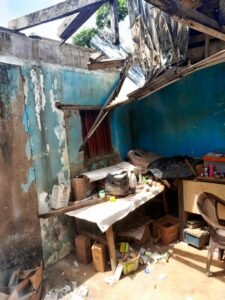
This situation raises question about the 15 percent Abuja Declaration benchmark signed by African leaders in 2001. On the one hand the budget estimates a huge programmes, raising everybody’s hope. On the other it fails to attain the 15 per cent ambition, falling below expectations.
A situation where health workers are fleeing in droves, infrastructure crumbling, and basic medical tools lacking is worrisome.
Here are AHR findings during recent visits:
PHC Under Pressure: The Case of Dutse-Makaranta
At Dutse-Makaranta’s modest 8-room primary healthcare centre, a full-blown crisis plays out every morning.
By 9:00 a.m., the waiting area is filled with pregnant women and nursing mothers clutching red and blue hospital cards, seeking routine care.
But with just four medical personnel—a matron, two midwives, and a lab attendant—the centre struggles to function. Power supply is absent. The ceiling fans are dead. The heat is stifling.
Mrs. Lilian Thompson, expectant mother:
“The nurses are not enough, and equipment are not enough too… They’ll tell you there’s no vitamin A, no supplements—come back next week.”
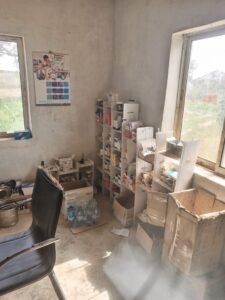
Mrs. Anabelle Peter, regular user:
“The place lacks staff, medicine, and even things to treat children properly.”
Nurse-in-charge, Mrs. Maria Shiva (Africa Health Report Exclusive):
“We do our best, but we are too few… patients think everything should be done here, but we refer many cases.”
Mrs. Amarachi Okereke, nurse (Africa Health Report Exclusive):
“Sometimes we don’t even have gloves or gauze. We refer more than we treat.”
Forgotten and Abandoned: Dokuma and Gomani PHCs
While some PHCs operate under pressure, others never got a chance. In Dokuma (Bwari Area Council) and Gomani (Kwali Area Council), entire healthcare centres have been left to decay—despite budget lines supposedly allocated to them.
Dokuma PHC: Completed in 2019 but never opened. No electricity, no water, no staff, no medicines. Locals are left to rely on a volunteer youth with no medical training. Typhoid runs rampant due to untreated river water.

Gomani PHC: Serving over 8,000 villagers, this centre is a death trap—leaking roofs, cracked walls, no electricity, no beds, and no emergency care.
Lucy Gausinu Yunana, nurse at Mubushi PHC (Africa Health Report Exclusive):
“No oxygen, no Ambu bags—we can’t treat babies with birth asphyxia. People die from things we should easily manage.”
Community Voice (Anonymous):
“They’ll say, ‘no card’… or ‘no drugs’… Sufferness dey for here oo! Make una help us abeg!”
When Secondary Hospitals Fail: Bwari and Kubwa in Focus
Even Abuja’s general hospitals—meant to support the PHC system—are collapsing under the weight of neglect.
Bwari General Hospital:
The building looks presentable—but within, the picture darkens. Patients wait for hours; some die before help arrives.
Despite its name, the Bwari General Hospital in Abuja operates more like an overstretched clinic—stripped of basic resources, burdened with too few staff, and ill-equipped to handle the emergencies it was supposedly built to manage.
The hospital’s failings are not just administrative—they are fatal.
During a recent visit, Ibrahim Musa lost both his wife and unborn child after they were left waiting for medical attention in the facility’s overcrowded reception area. His story is just one of many.
“She was having stomach pains, just weeks before her due date,” Musa said. “There was no bed, no doctor—just a nurse who gave her an injection after more than an hour. She died right there. My child died with her.”
Hospital workers acknowledge the rot. A doctor, speaking anonymously, said the hospital was never designed to handle the volume and complexity of cases it now receives. “This place was a primary health centre upgraded only on paper. We don’t have the infrastructure, staff, or equipment to function as a real general hospital.”
Construction on the Accident and Emergency wing—which could have prevented tragedies like Musa’s—has stalled for years. The structure stands incomplete, overrun by dust and silence, a metaphor for the entire facility’s state of neglect.
Government officials have remained largely unresponsive. Despite repeated budgetary allocations for health infrastructure in the Federal Capital Territory, little of that money has translated into real improvements in places like Bwari.
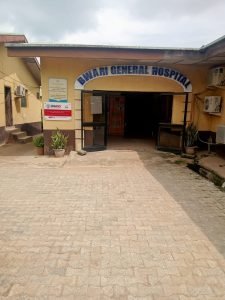
The consequences are deadly. Overworked doctors are forced to make impossible choices. Nurses rotate through wards without supplies. Patients are turned away—not because their cases aren’t urgent, but because the hospital has nothing left to offer.
“We are not heartless,” the doctor said. “But when the system itself is broken, even the most compassionate professionals are rendered powerless.”
What should be a sanctuary of healing has become a waiting room for grief. Until urgent government action is taken—until hospitals like Bwari are fully funded, staffed, and equipped—more families will suffer the same fate as Musa’s.
“This should never have happened,” he said. “My wife and child didn’t die from illness. They died from abandonment.”
Kubwa General Hospital:
Crucial infrastructure is missing. Life-saving equipment is obsolete. Patients line up on floors, not beds.
Grace Okon, frequent visitor:
“This hospital is a ticking time bomb. It needs more than a paint job—it needs resurrection.”
Abuja’s Bleeding Workforce: The Japa Exodus
Between 2017 and 2024, over 14,800 nurses and midwives left Nigeria. In the past five years alone, 16,000 doctors have exited the country.
Today, only 55,000 of the 300,000 trained health workers remain in Nigeria, according to Health Minister Prof. Muhammad Pate.
With 75 percent of Nigerian doctors working abroad, the PHC system is hemorrhaging skilled manpower—leaving overstretched nurses and poorly equipped community health workers to carry the burden.
A System at the Brink of Collapse
Only 20 percent of Nigeria’s 30,000 PHCs are fully functional. Common issues include:
Equipment shortages
Poor staff retention
Infrastructural decay
Drug stock-outs
Unreliable referral systems
Despite policies like PHC-Under-One-Roof, implementation remains largely cosmetic.
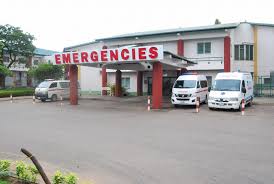
Meanwhile, urban hospitals like the National Hospital, Asokoro District Hospital, University of Abuja Teaching Hospital, and Life Camp Clinic are overwhelmed daily by patients PHCs should be handling.
Urgent Recommendations for FCT Health Recovery
To prevent further deaths and systemic collapse, Africa Health Report recommends:
Immediate staffing of abandoned PHCs like Dokuma and Gomani with trained personnel.
Comprehensive equipment upgrades—beds, power supply, oxygen cylinders, Ambu bags, drugs, and diagnostic tools.
Transparent capital budget monitoring to ensure Abuja’s ₦1.1 trillion capital vote translates into real improvements.
Collaborative partnerships with NGOs, private sector, and donor agencies for facility rehabilitation and service delivery.
Final Word: When Budgets Don’t Save Lives
Abuja’s healthcare crisis is not just about money—it’s about willpower, accountability, and action. Budget allocations are meaningless when they don’t translate into care, dignity, and survival.
The city may boast gleaming buildings and modern bridges—but inside its hospitals and health centres, life is slipping away in silence.

